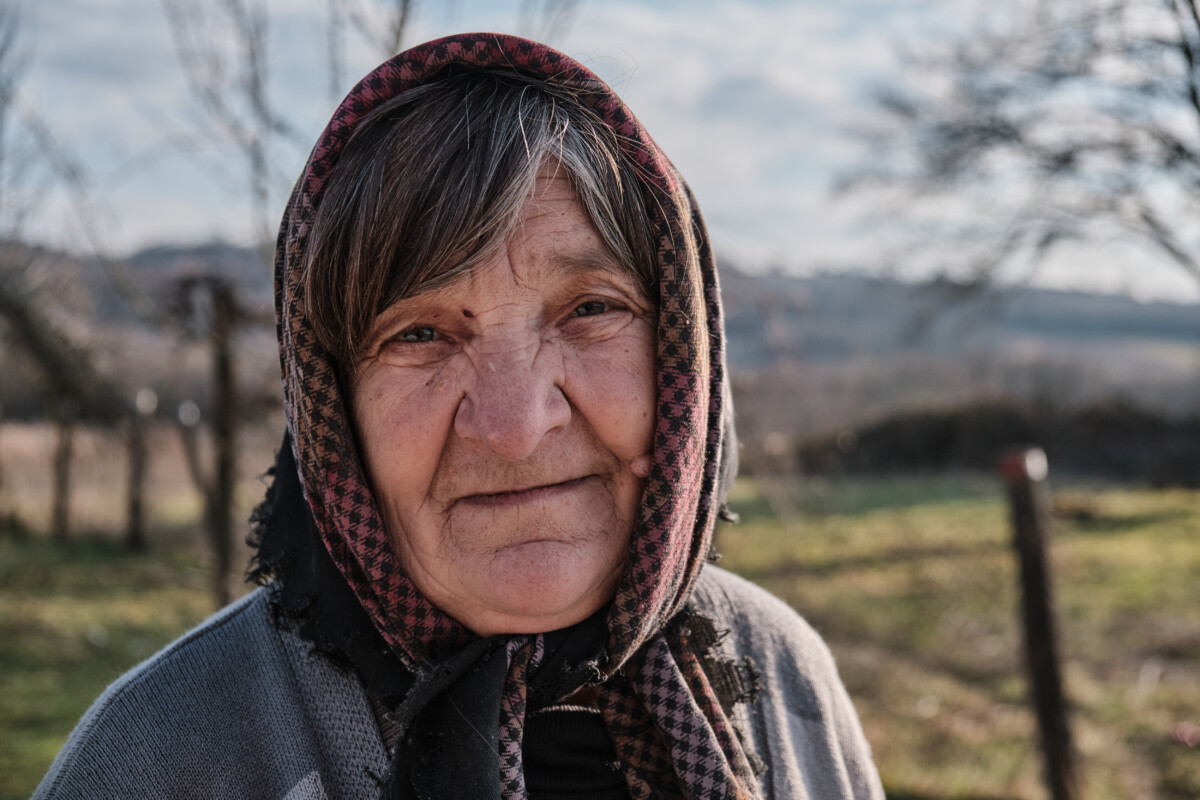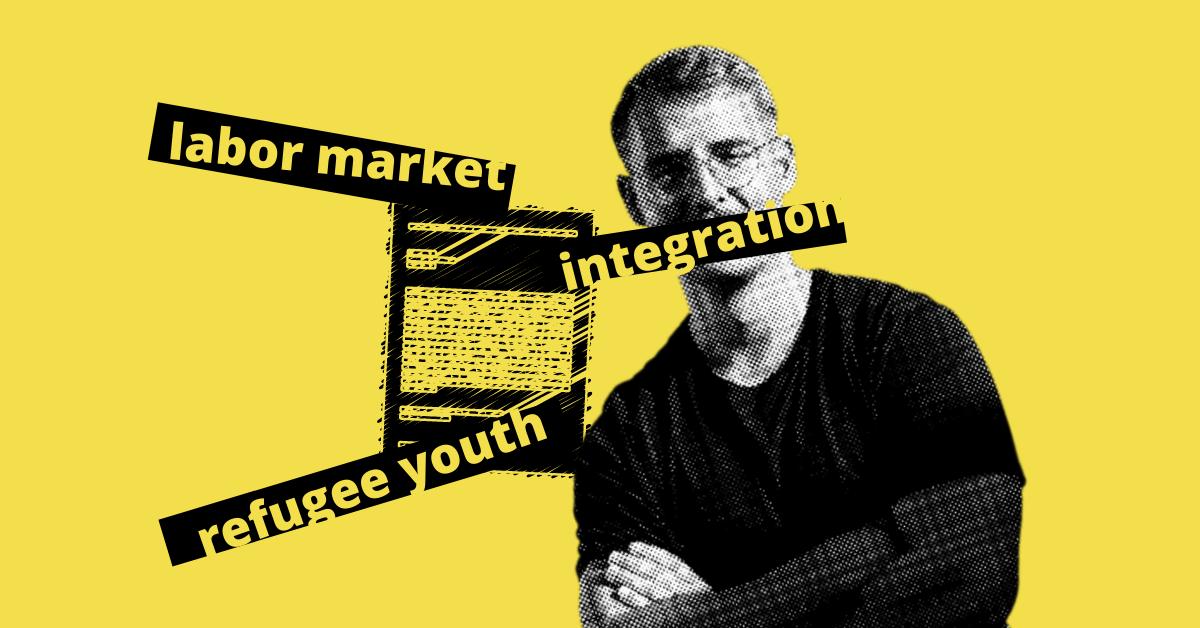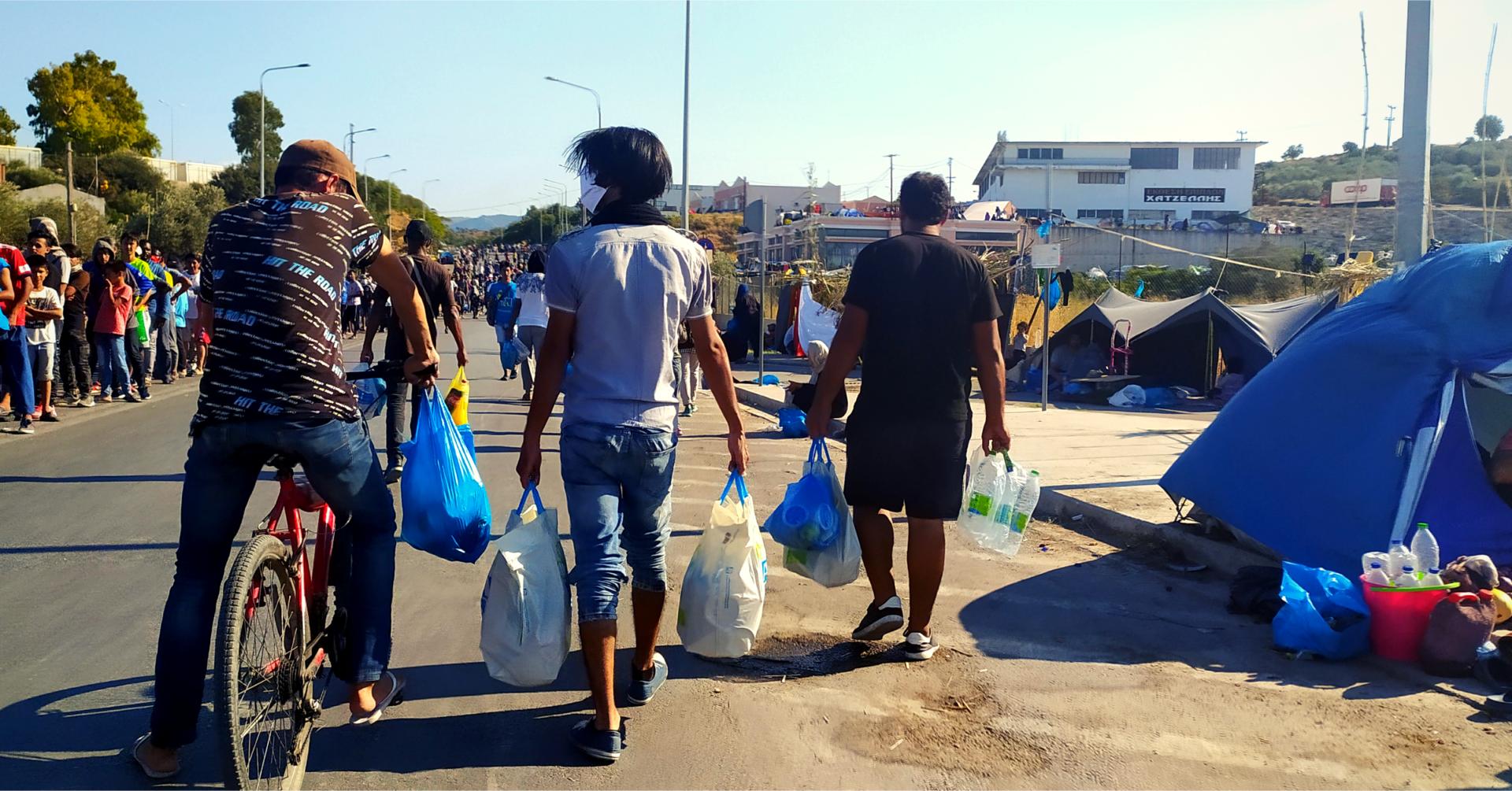06 / 12 / 2022
“Somewhere, a mother is crying for them”
The memories of the Bosnian war from the ‘90s are still vivid and many people in Bosnia and Herzegovina remember what it means to flee your home and leave it all behind. Today, war traumas influence Bosnians’ compassion for the migrants who attempt to reach Europe.
























